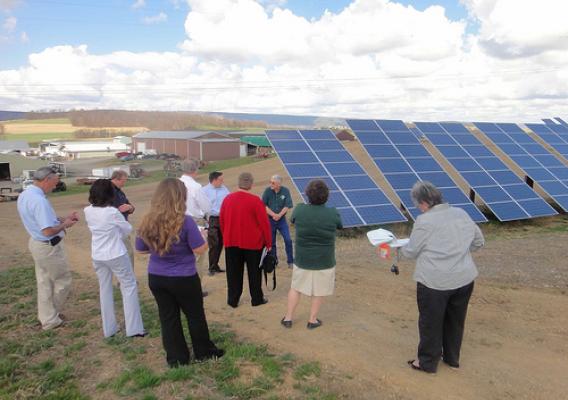Cross posted from the White House blog:
Three years ago, I was asked to participate in the White House Task Force on Childhood Obesity, out of which grew the First Lady’s Let's Move! initiative. In May 2010, we submitted a report to the President that made a series of recommendations for addressing the challenges of obesity and hunger, both of which stem from a lack of access to good, healthy food. The report identified local food systems as a strategy to combat food access problems, and specifically called upon the USDA "Know Your Farmer, Know Your Food" Initiative to provide technical and financial assistance to help communities grow and process their own food, and create jobs at the same time.
I’m pleased to report that we’ve made a lot of progress since 2009 – and we have two new tools to help communities learn about what we’ve done and tap into USDA resources to develop their own solutions. The new Know Your Farmer, Know Your Food Compass is a document packed with photos, video and case studies of communities building strong local food systems. Farmers’ markets, mobile produce vendors, farm to school initiatives, and food hubs are just a few of many examples highlighted by the Compass. The Healthy Food Access section (PDF, 444 KB) shows how communities are using USDA resources to promote health and the local economy.





 Hundreds of people, over the web or in person, learned about the financing and technology of
Hundreds of people, over the web or in person, learned about the financing and technology of 

